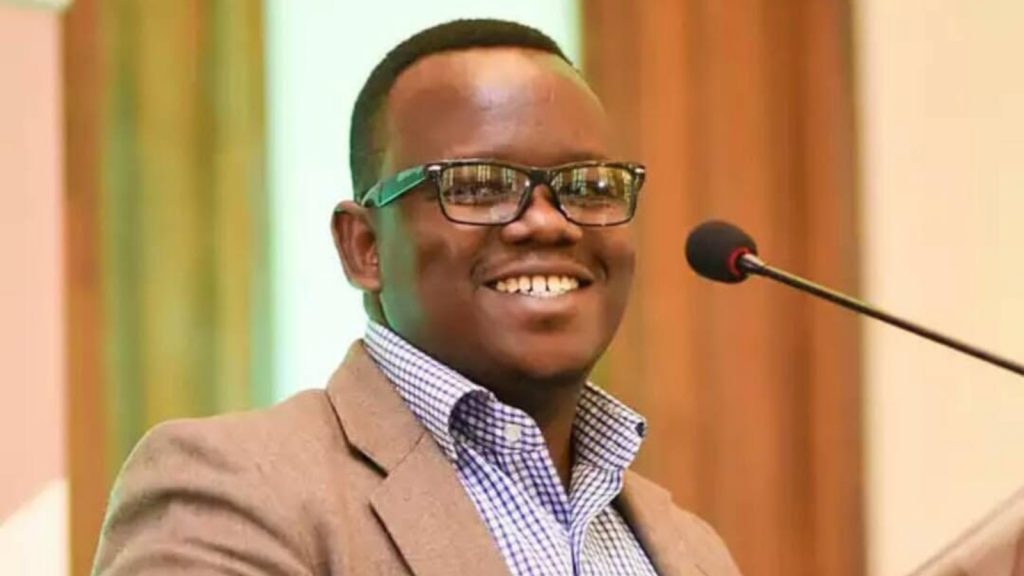How best can policy makers on the continent encourage and support young Africans to start and run their own businesses?
Young Entrepreneurs Network (YEN) Africa CEO Kamau Nyabwengi (pictured above) says policy makers need to develop “safety nets” by helping set up more business incubators and accelerators.
No ad to show here.
Nyabwengi adds that current initiatives could do with better monitoring and re-evaluation to ensure that these achieve the intended outcomes.
“Innovation cannot happen in isolation, therefore policy makers need to involve all the stakeholders across the value chain of enterprise development for maximum impact,” he adds.
Nairobi-based YEN Africa seeks to connect young entrepreneurs to the knowledge, resources and social capital required to succeed in business.
Nyabwengi says the organisation does this through events and programmes centred around enterprise development for the youth.
These include the Yengolf programme which enables young entrepreneurs and professionals to learn how to play golf as they forge business connections.
YEN Africa also holds themed bimonthly events dubbed #SuccessStoryKE where successful entrepreneurs share stories, lessons and insights from their entrepreneurial journeys.
In addition, in November the organisation plans to launch a stable coin for savings, credit and investment powered by blockchain technology.
‘New technologies can spur youth entrepreneurship’
Beyond policy, Nyabwengi says entrepreneurship in Kenya — and in Africa as a whole — can be spurred by exploitation and effective implementation of new technologies.
“This is because most of the population is young and are best positioned to take advantage of the opportunities presented by the Fourth Industrial Revolution,” he explains.
The opportunities, he said, are in areas like blockchain, artificial intelligence (AI), renewable energy and the Internet of Things (IoT).
‘Anzisha scenario achievable in Kenya’
Nyabwengi says the Anzisha Scenario — which imagines a future where students of high potential become entrepreneurs and hire at least three of their peers — is achievable in Kenya.
“The edge that Kenya has to achieve this is that there’s already institutions with courses on entrepreneurship, incubators and co-working spaces and enterprise support services from private and government institutions.
“The gap (that needs to be filled is) an efficient transition mechanism for high performance students to venture into and thrive in entrepreneurship,” he explains.
He points out that most high performing students in Kenya are “inclined” to study professionals and technical courses such as medicine and engineering which lead to careers in the corporate world.
The current system, he says, is biased to produce more employees than entrepreneurs.
Says Nyabwengi: “If however more high performing students get access to entrepreneurship education and a chance to develop their ideas they have a better chance at creating jobs for themselves and others”.
This story appeared originally on the Anzisha Prize’s blog on 25 September. See it here.
Featured image: Young Entrepreneurs Network (YEN) Africa CEO Kamau Nyabwengi (Supplied)
The Anzisha Prize seeks to fundamentally and significantly increase the number of job generative entrepreneurs in Africa, and is a partnership between African Leadership Academy and Mastercard Foundation. Through Ventureburn, they hope to share inspirational and relatable stories of very young (15 to 22 year old) African entrepreneurs and the people that support them. [learn more]
